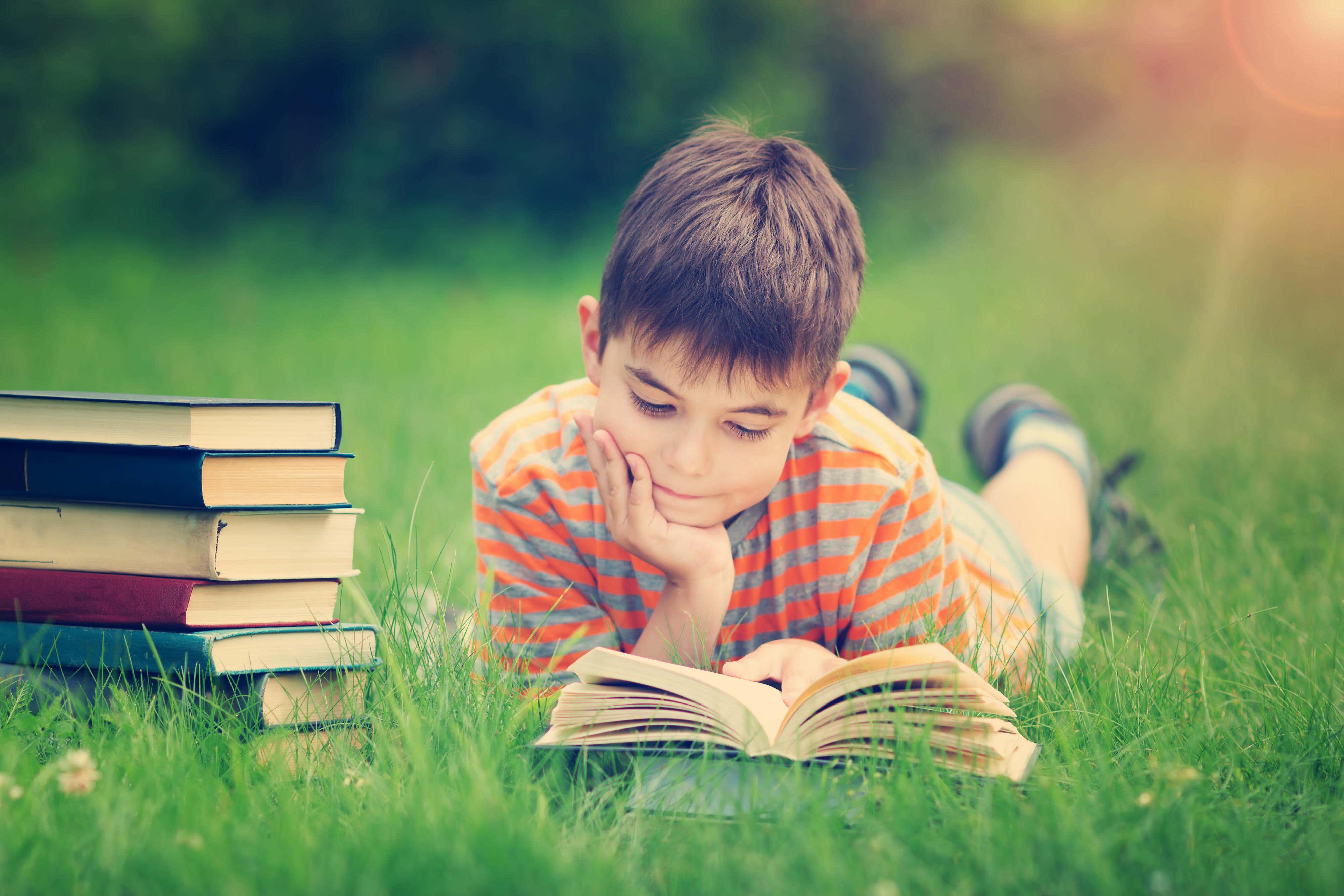Reading for pleasure in childhood boosts brain health in teenage years – study
Children who read perform better at cognitive tests and have better mental health when they enter adolescence, researchers found.

Reading for pleasure in early childhood can help youngsters perform better at school and boost their mental health as they enter teenage years, a study suggests.
The study of more than 10,000 children found that those who started reading for fun at a young age performed better at cognitive tests and showed improved “brain structure” in adolescence.
For “optimal” results, children should be reading for 12 hours every week, academics from the universities of Cambridge and Warwick in the UK, and Fudan University in China, found.
Their study, published in the journal Psychological Medicine, analysed data on the children, all from the US, including interviews, cognitive tests, mental and behavioural assessments and brain scans.
We encourage parents to do their best to awaken the joy of reading in their children at an early age
They then compared information on children who began reading for pleasure before they turned nine against those who started later, or not at all.
Of the 10,243 participants studied, just under a half (48%) had little experience of reading for pleasure or did not begin doing so until later in their childhood.
The other half had between three and 10 years’ reading for pleasure.
Those who started reading for pleasure at a young age were found to perform better on cognitive tests, which measured verbal learning, memory and speech development, and school academic achievement, when they were teenagers.
These children also had better mental wellbeing, showing fewer signs of stress and depression, as well as improved attention and fewer behavioural problems such as aggression and rule-breaking.
They also tended to use screens less and slept longer.
Academics also analysed brain scans of teenagers and found that those who started reading for pleasure at a young age showed moderately larger total brain areas and volumes, and also showed differences in brain regions previously shown to relate to improved mental health, behaviour and attention.
“Reading isn’t just a pleasurable experience – it’s widely accepted that it inspires thinking and creativity, increases empathy and reduces stress,” said Professor Barbara Sahakian from the Department of Psychiatry at the University of Cambridge.
“But on top of this, we found significant evidence that it’s linked to important developmental factors in children, improving their cognition, mental health, and brain structure, which are cornerstones for future learning and well-being.”
Professor Jianfeng Feng from Fudan University in Shanghai, China, and the University of Warwick, added: “We encourage parents to do their best to awaken the joy of reading in their children at an early age.
“Done right, this will not only give them pleasure and enjoyment, but will also help their development and encourage long-term reading habits, which may also prove beneficial into adult life.”
Bookmark popover
Removed from bookmarks